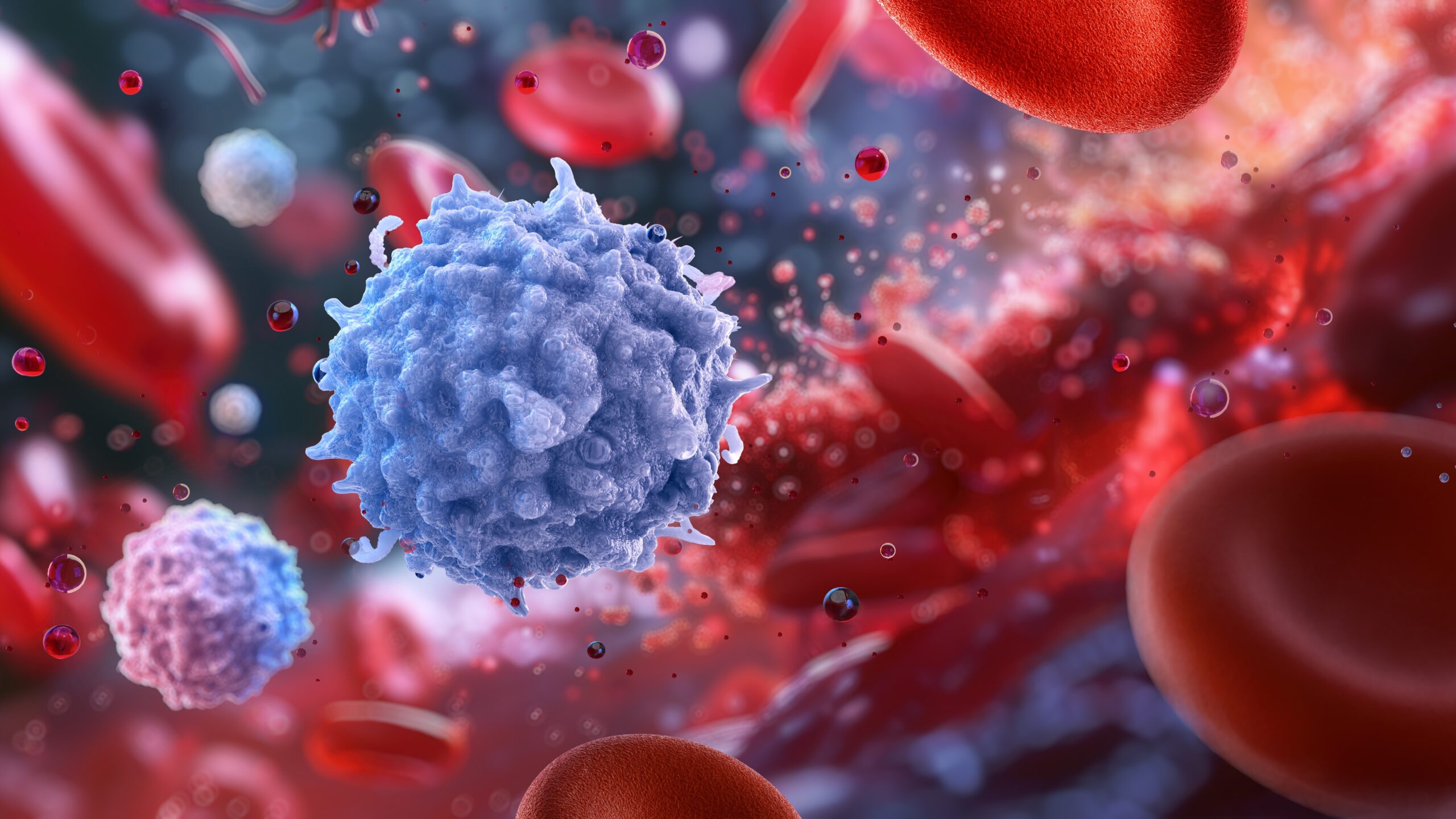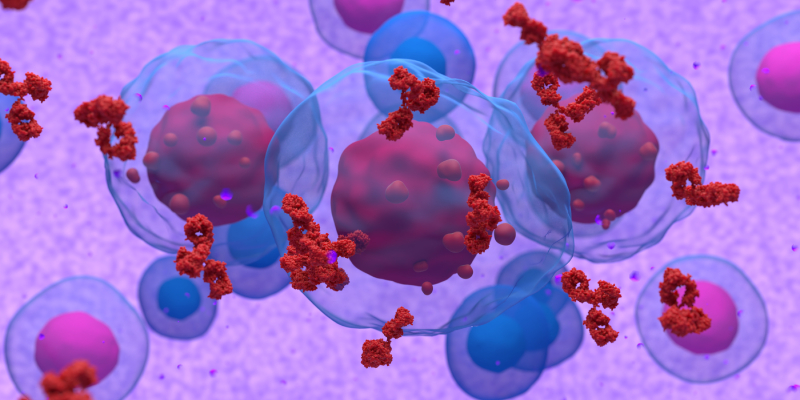
Loss of BCMA surface expression on multiple myeloma (MM) cells is a rare occurrence that may cause resistance to anti-BCMA chimeric antigen receptor (CAR) T cell or bispecific T-cell engager (TCE) therapies, according to Holly Lee, MD, and colleagues.
Recent studies have shown that another MM target, GPRC5D, is downregulated after patients relapse on anti-GPRCD5D CAR T-cell therapies.
The researchers sought to identify tumor-intrinsic functions that drive the loss of BCMA or GPRC5D expression and lead to treatment failure. They performed bulk and single-cell whole-genome sequencing and copy number variation analysis of 30 patients with MM who received anti-BCMA and anti-GPRC5D T-cell therapies.
Their study, published in Nature Medicine, described several MM mutations and subclone events that appear to drive relapse. In two cases of relapse, BCMA-negative MM cells with focal biallelic deletions at the TNFRSF17 locus or selective expansion of existing subclones with biallelic TNFRSF17 loss appeared to lead to relapse.
Another five cases of relapse occurred in MM that still had detectable surface expression of BCMA, among which researchers found new, nontruncating, missense mutations or in-frame deletions in the extracellular domain of BCMA.
In four patients who relapsed after receiving anti-GPRC5D TCE therapy, the study’s authors identified MM cells harboring biallelic mutations of GPRC5D, including two cases of relapsed MM with convergent evolution events leading to multiple MM subclones losing GPRC5D expression through somatic events.
“Immunoselection of BCMA- or GPRC5D-negative or mutant clones is an important tumor-intrinsic driver of relapse post-targeted therapies,” Dr. Lee summarized. “Mutational events on BCMA confer distinct sensitivities toward different anti-BCMA therapies, underscoring the importance of considering the tumor antigen landscape for optimal design and selection of targeted immunotherapies in MM.”
Reference
Lee H, Ahn S, Maity R, et al. Mechanisms of antigen escape from BCMA- or GPRC5D-targeted immunotherapies in multiple myeloma. Nat Med. 2023;29(9):2295-2306. doi:10.1038/s41591-023-02491-5






 © 2025 Mashup Media, LLC, a Formedics Property. All Rights Reserved.
© 2025 Mashup Media, LLC, a Formedics Property. All Rights Reserved.